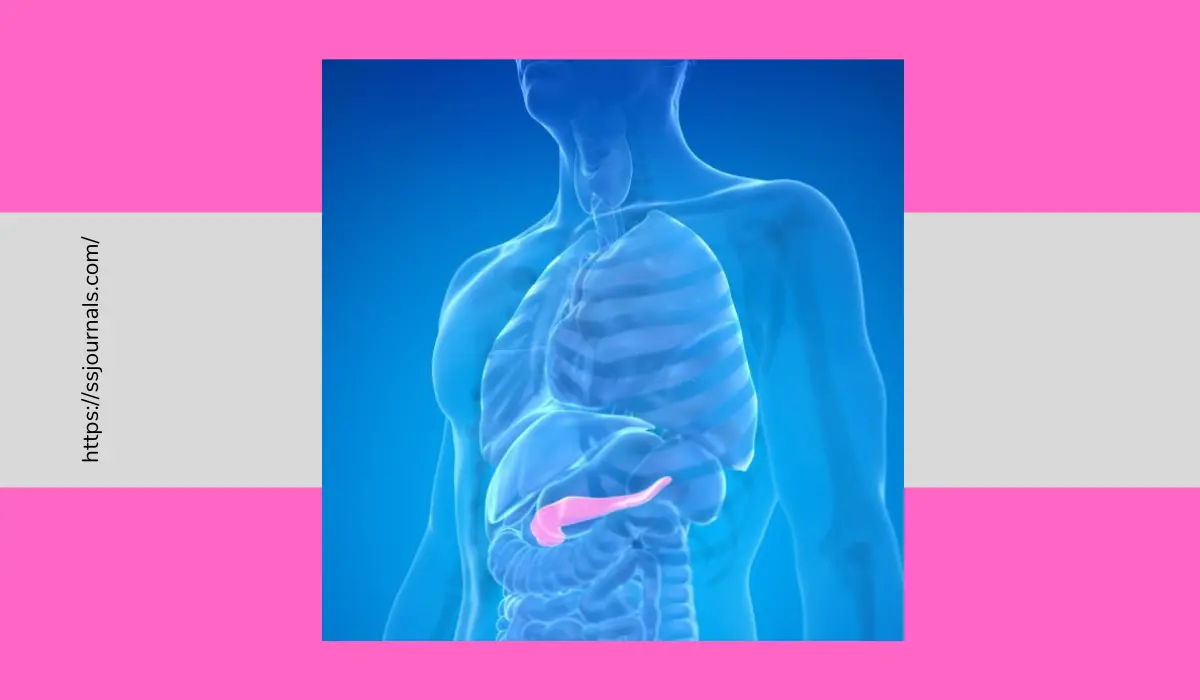Pancreatitis refers to inflammation of the pancreas, a large gland located behind the stomach that produces digestive enzymes and insulin. Pancreatitis symptoms can range from mild to life-threatening depending on severity.
Understanding the causes, recognizing the symptoms early, and appropriate medical treatment is key to managing this condition.
Understanding Pancreatitis
The pancreas produces enzymes for breaking down fats, proteins, and carbs. Pancreatitis results when these enzymes activate inside the pancreas and start digesting the organ itself, causing it to become inflamed and swollen.

Mild cases cause minimal damage while severe pancreatitis can destroy the pancreas rapidly.
Symptoms Of Pancreatitis In Adults
Here are the most common symptoms of pancreatitis that can manifest in adults:
The hallmark symptom of pancreatitis is persistent, debilitating upper abdominal pain. The pain may start gradually and build or begin suddenly and intensely if caused by a blocked pancreatic duct.
Seeking prompt medical treatment is crucial, as abdominal pain can indicate a life-threatening condition.
Causes Of Pancreatitis
Here are the most common causes and risk factors for developing pancreatitis in adults:
Reducing alcohol intake, managing triglycerides, and preventing gallstones can lower risk. However, some causes like anatomy, genetics, and trauma cannot be prevented fully.
Treatment Options
Most cases resolve within a few days with bowel rest and pain management in the hospital. Severe pancreatitis may require weeks before resuming normal diet and activities.
Conclusion
While an episode of acute pancreatitis often resolves fully with proper medical treatment, the disease can become chronic and progressive without eliminating the cause. Gallstones and alcohol misuse account for most cases.
Seeking prompt treatment for symptoms like abdominal pain and vomiting can prevent complications from this inflammatory condition.
FAQs
It can if episodes are recurrent. Scarring can impair insulin and enzyme production over time.
Through blood tests for pancreatic enzymes, imaging like CT scans, and assessment of symptoms.
No solid food is recommended at the outset. Then low fiber, low fat, and minimal alcohol and caffeine during recovery.
Yes, acute attacks can arise abruptly and severely, especially if caused by a gallstone blocking a duct.
Yes, pancreatitis commonly causes abdominal pain that can radiate to the upper back.

